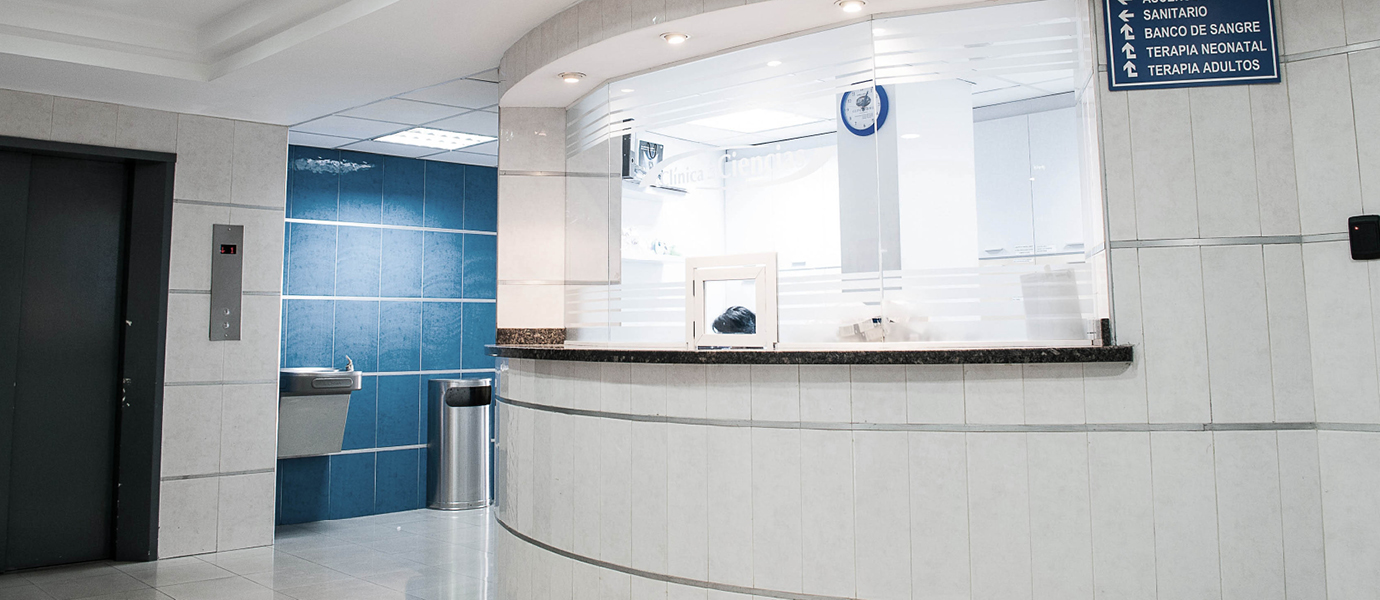Deeper Than the Headlines - Hospital Compliance Review

compliance, OIG, medicare, compliance officer, deeper than the headlines, hospital compliance review, Medicare Benefit Policy Manual, Billing, Inpatient Rehabilitation Facility, IRF, Inpatient Hospital Billing
If you’re a compliance professional at a hospital you are probably aware of the series of compliance reviews that the OIG has been performing for many years. If you’re not aware you should be. Essentially, the OIG uses data mining and analytic techniques to identify hospitals that might have high error rates when it comes to hospital billing and reimbursement for Medicare patients. Once they identify outliers they perform focused reviews and typically find high error rates. Well, Community Hospital in Munster, Indiana is the latest hospital to have such a review and the OIG published their report in February 2019. For the calendar year 2017, Medicare paid hospitals $206 billion, which represents 55% of all fee-for-service payments for the year. That is some real money. It’s no wonder the OIG has been focusing on hospital compliance reviews.
In this particular example, the OIG’s objective was to determine whether Community Hospital (the Hospital) complied with Medicare requirements for billing inpatient and outpatient services on selected types of claims. The OIG selected for review a stratified random sample of 170 inpatient and outpatient claims with payments totaling $2.8 million for the audit period in question. They focused their review on the risk areas they had identified during prior reviews at other hospitals.
They found that Community Hospital complied with Medicare billing requirements for 84 of the 170 inpatient and outpatient claims they reviewed. However, the Hospital did not fully comply with Medicare billing requirements for the remaining 86 claims, all of which were inpatient, resulting in net overpayments of $1,266,758 for calendar years 2015 and 2016. These errors occurred primarily because the Hospital did not have adequate controls to prevent the incorrect billing of Medicare claims within the selected risk areas that contained errors. On the basis of the OIG’s sample results, they estimated that the Hospital received overpayments of at least $22 million for the audit period.
Inpatient Rehabilitation Facility Services Incorrectly Billed as Inpatient
The Medicare Benefit Policy Manual states that the IRF benefit is designed to provide intensive rehabilitation therapy in a resource-intensive inpatient hospital environment for patients who, due to the complexity of their nursing, medical management, and rehabilitation needs, require and can reasonably be expected to benefit from an inpatient stay and an interdisciplinary team approach to the delivery of rehabilitation care (Pub. No. 100-02, chapter 1, § 110). In addition, the Medicare Benefit Policy Manual states that for IRF care to be considered reasonable and necessary, the documentation in the patient’s IRF medical record must demonstrate a reasonable expectation that, at the time of admission to the IRF, the patient (1) required the active and ongoing therapeutic intervention of multiple therapy disciplines; (2) generally required an intensive rehabilitation therapy program; (3) actively participated in, and benefited significantly from, the intensive rehabilitation therapy program; (4) required physician supervision by a rehabilitation physician; and (5) required an intensive and coordinated interdisciplinary approach to providing rehabilitation (Pub. No. 100-02, chapter 1, § 110.2). Furthermore, the Medicare Benefit Policy Manual states that a primary distinction between the IRF environment and other rehabilitation settings is the intensity of rehabilitation therapy services provided in an IRF.
For 63 of the 165 sampled inpatient claims, the Hospital incorrectly billed Medicare Part A for beneficiary stays that did not meet Medicare criteria for the higher acute inpatient rehabilitation level of care. The Hospital did not provide a cause for the errors because it continues to believe that these claims met Medicare requirements. As a result of these errors, the Hospital received overpayments totaling $1,126,690.
Incorrectly Billed Diagnosis-Related-Group Codes
The Social Security Act precludes payment to any provider without the information necessary to determine the amount due to the provider (§ 1815(a)). In addition, the Manual states: “In order to be processed correctly and promptly, a bill must be completed accurately” (chapter 1, § 80.3.2.2). For 23 of the 165 sampled inpatient claims, the Hospital billed Medicare with incorrect DRG codes that resulted in either higher or lower payments that should have been made. For these claims, the Hospital used incorrect diagnosis codes to determine the DRG codes. The Hospital attributed the errors to partially outdated Clinical Documentation Handbooks, which coders relied upon when coding these claims. As a result of these errors, the Hospital received net overpayments of $140,068.
Community Hospital Response
In written comments on the OIG’s draft report, the Hospital generally disagreed with the findings and recommendations. The Hospital agreed that for some claims in the sample, the documentation supports a different level of reimbursement. The Hospital believed that the OIG had no apparent reason to select them for audit, disagreed with all the findings on the inpatient rehabilitation claims reviewed and believed the OIG applied the wrong standards and stated that OIG’s sampling methodology was flawed, and their use of extrapolation was inappropriate and premature.
After review and consideration of the Hospital’s comments, the OIG maintained that all their findings and the associated recommendations were valid. The use of statistical sampling to determine overpayment amounts in Medicare is well established and has repeatedly been upheld on the administrative appeal within the Department and in Federal courts.
Expanded Repayments
As is the case with most OIG reviews, the OIG is clearly putting providers on notice regarding their obligation to expand the timeframe and universe of potential repayments based on the 60-day overpayment rule.
The OIG stated, “We recommend that the Hospital refund the Medicare contractor $22 million (of which $1,266,758 was net overpayments identified in our sample) in estimated overpayments for the audit period for claims that it incorrectly billed; exercise reasonable diligence to identify and return any additional similar overpayments received outside of our audit period, in accordance with the 60-day rule; and strengthen controls to ensure full compliance with Medicare requirements.”

Questions or Comments?